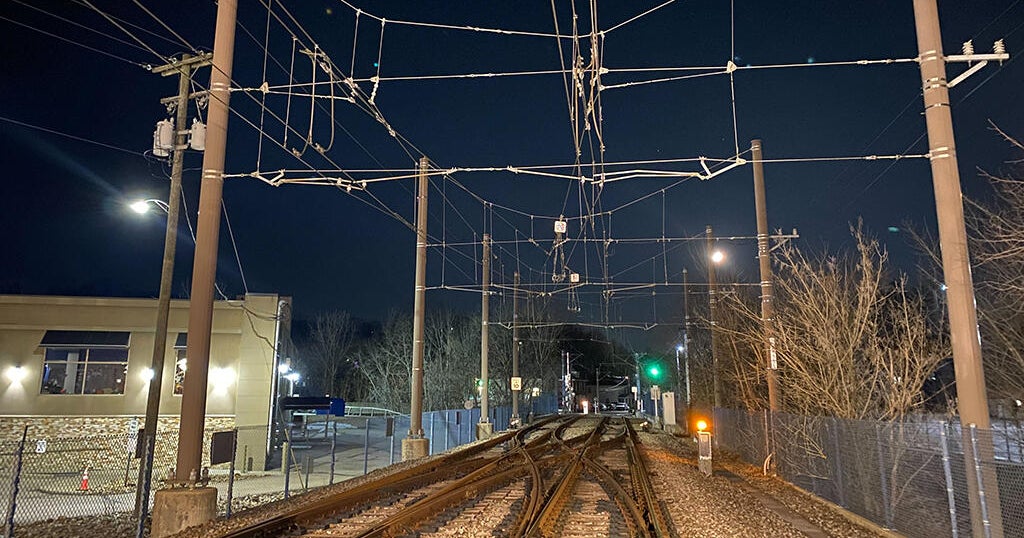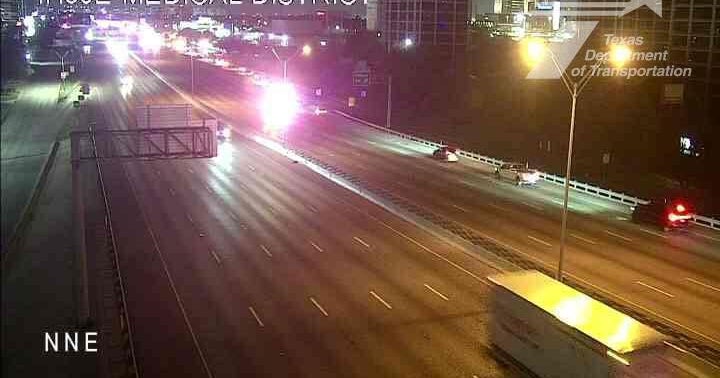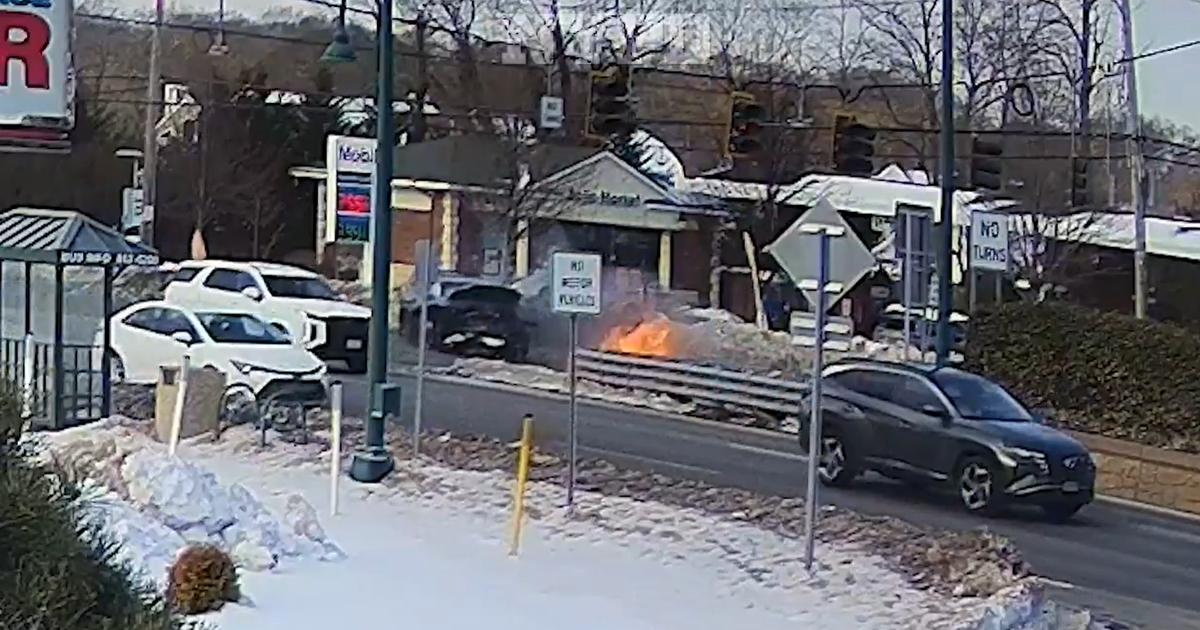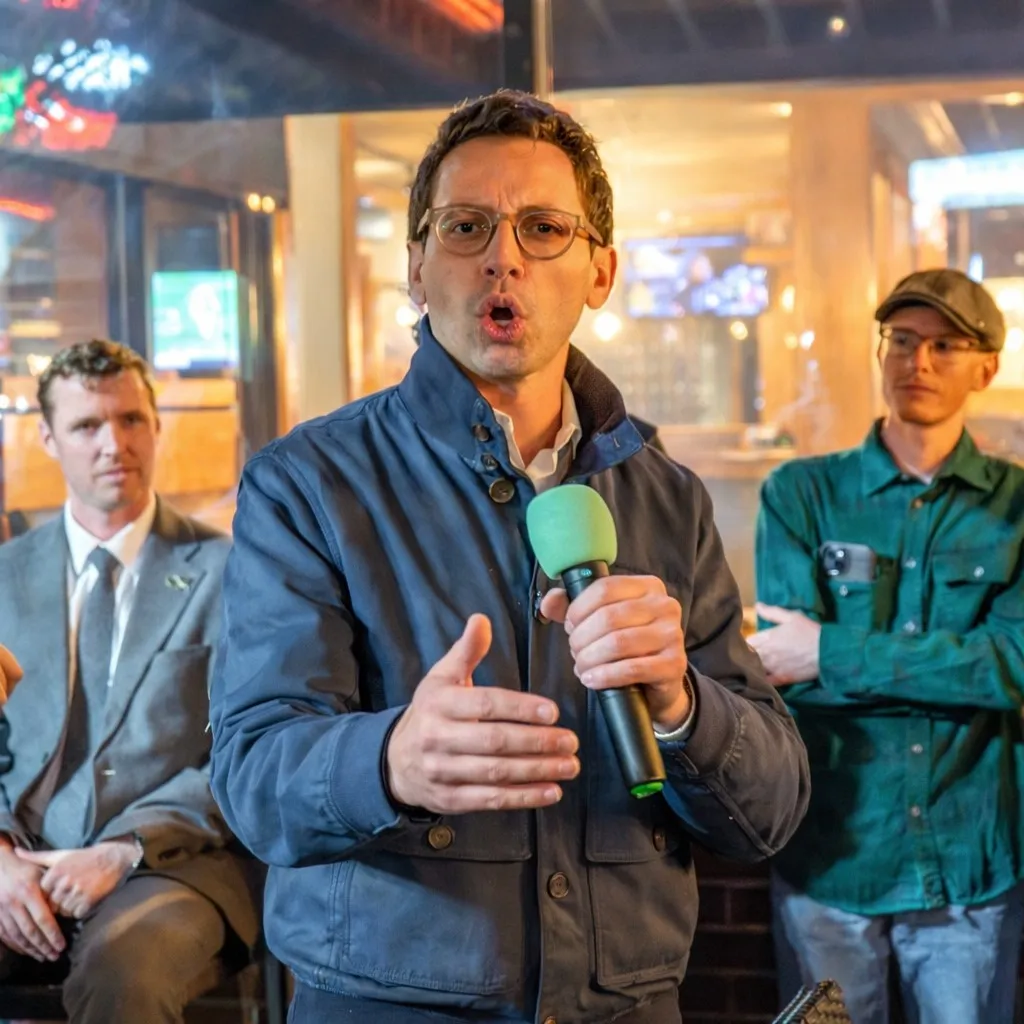D.C. pulls most of its Metro trains out of service after derailment — one of nearly 40 this year
The wheels of train cars on Washington's regional Metro system have failed repeatedly, an inspector told the National Transportation Safety Board on Monday, and the train that derailed last week had jumped the track twice before the car derailed. It was one of nearly 40 incidents with the cars this year alone, the board's inspector revealed.
The Blue Line derailment between Washington, D.C. and Rosslyn, Virginia that sent one passenger to the hospital last week led the Washington Metropolitan Area Transit Authority to pull nearly 60% of its cars from service Sunday. The Washington Metrorail Safety Commission, the independent agency that oversees safety at Metro, sent out a memo with the order saying it was ordering the authority to remove the trains "until such time as Metrorail develops a plan to assess the cause and to provide for the detection and prevention of these wheel assembly anomalies, and implements a plan that provides for the safe return to revenue service of each 7000-Series railcar."
Safety officials said Monday other transit systems using the manufacturer have not been notified. The cars were built by Kawasaki Rail.
During the repeated derailments Friday, the train operator was in the fourth car. "He was far enough ahead that there was nothing felt from his perspective when these derailments occurred," said Joe Gordon, the National Transportation Safety Board inspector in charge.
Officials said they had found brake debris in the areas where the wheels had left the track, at switches in the tunnels. The wheel spacing on the train cars' axels meant the wheels were not going through the switches correctly, officials said.
Officials said they have so far inspected 514 of the 748 cars in the 7000 series, which have been used since 2015, and Metro has said the cars have been in more than 50 incidents involving the wheel assemblies since 2017.
Pulling those cars from service meant train commuters faced lengthy headways Monday, as many waited 30 minutes or more between trains.
"We understand the impact this decision has on transportation for the DMV area (National Capital Region). We apologize for this reduction in service and the inconvenience this is causing our customers," WMATA said in a tweet Sunday.
The authority said it would update passengers about the commute for the rest of the week as it works with both the commission and the safety board in the ongoing investigation.
"We are fortunate no fatalities or injuries occurred, but the potential was significant," said Jennifer Homendy, board chair of NTSB, in Monday's briefing. "This could have resulted in a catastrophic event which is why we went and is important that we identify these safety issues in advance."



